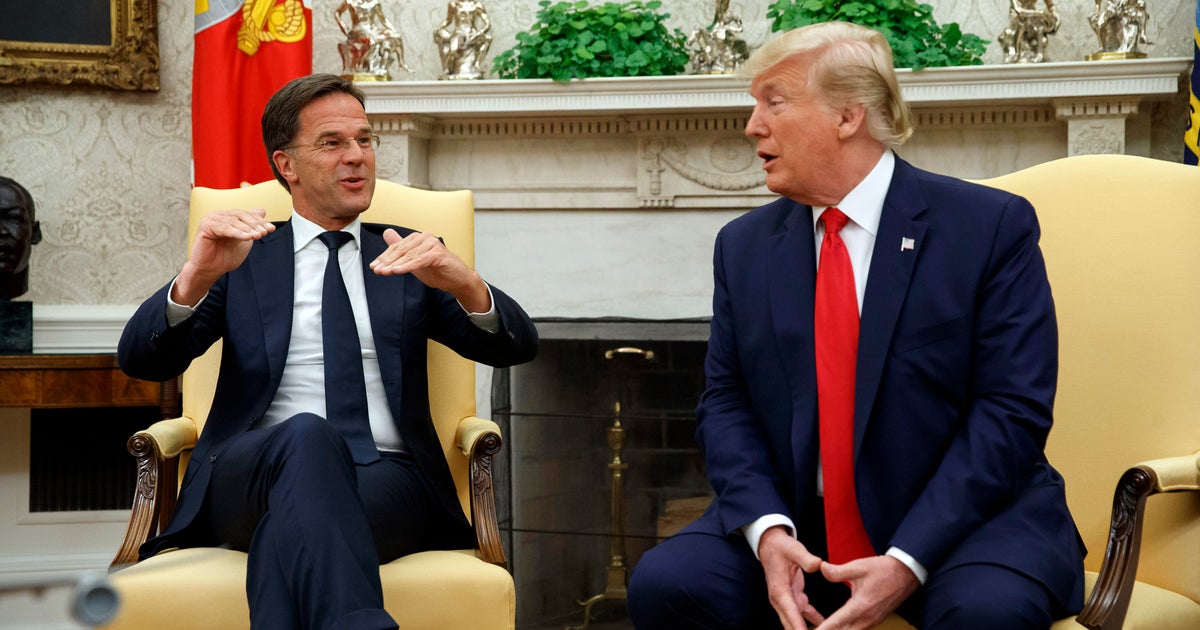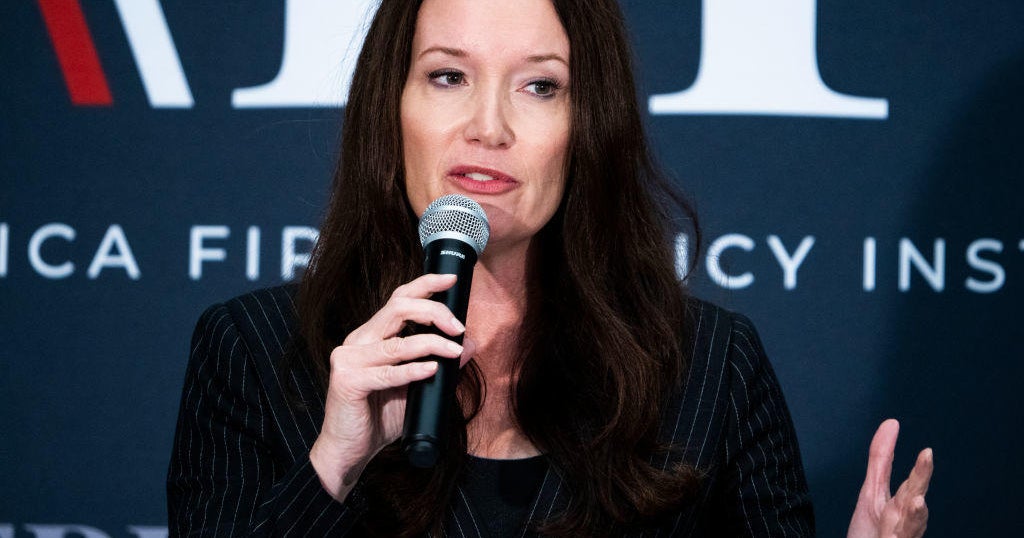Government shutdown inches closer amid Congressional impasse
Congress has less than two days to pass a government funding measure, but Democrats and Republicans remain at an impasse over the path forward, increasing the chances of the first government shutdown since 2013.
Lawmakers must extend funding by Friday night or the government will shut down early Saturday.
House Republicans have scheduled a vote for Thursday on a short-term spending bill -- the fourth one Congress has had on its plate since September -- that would fund the government through Feb. 16. Democrats, however, remain largely opposed to the measure, known as a continuing resolution (CR), because they want it tied to a larger immigration deal over the Deferred Action for Childhood Arrivals (DACA) program and border security.
The CR includes a six-year reauthorization of the Children's Health Insurance Program (CHIP) and delays on three Obamacare taxes. North Carolina Republican Rep. Mark Meadows, the chairman of the conservative House Freedom Caucus, has also demanded new funding for the rest of the year for the military. But Speaker Paul Ryan, R-Wisconsin, expressed optimism Thursday morning that Republicans will have the votes to pass the bill in the House.
"I have confidence we'll pass this," said Ryan at his weekly news conference. "I feel our members understand the gravity of the situation."
Democrats would be to blame, Ryan said, if the government winds up shutting down, blasting them for using the military as "bargaining chips."
"If the Senate Democrats want to shut the government down...that's a choice they would make," he said. "That would be their decision to make."
Even if the GOP secures enough votes in the upper chamber for the bill, its fate in the Senate, where 60 votes are required to advance the legislation to a final vote, is much more uncertain. Republicans only have 51 members and Democrats now have 49, with the new addition of Sen. Doug Jones, D-Alabama.
Senate Minority Leader Chuck Schumer, D-New York, said Thursday morning that the House CR would not be acceptable to Senate Democrats.
While Sen. Dianne Feinstein, D-California, had said earlier that she would vote for a CR if it's necessary, she backtracked Thursday.
"I said in December that I wouldn't vote for a CR without the Dream Act, and I won't do so now," she said in a statement released by her office. "I'm also hopeful that we can get away from continuing resolutions and get back to regular order. We can't solve problems by funding the government a few weeks at a time. As a longtime member of the Appropriations Committee, I know the importance of funding the military and government agencies for a full-year."
Both Democratic senators from Virginia -- Tim Kaine and Mark Warner -- released a joint statement Thursday saying that they oppose the CR.
"Congress should remain in session with no recess until we work out a long-term bipartisan budget deal that addresses all issues," they said. "The current CR ignores key priorities -- community health centers, permanent protection for Dreamers, emergency relief for Florida, Texas, western states ravaged by wildfires, Puerto Rico, the [U.S. Virgin Islands], opioid treatment and pension reform."
Senate Majority Leader Mitch McConnell, R-Kentucky, said Wednesday that they're at a stalemate in part because President Trump has not yet clearly indicated what needs to be in an immigration bill that he would sign.
"I'm looking for something that President Trump supports, and he's not yet indicated what measure he's willing to sign," he said. "As soon as we figure out what he is for, then I would be convinced that we are not just spinning our wheels to this issue on the floor, but actually dealing with a bill that has a chance to become law and therefore solve the problem."
Mr. Trump has not been clear on the specifics of what he wants in an immigration deal, though he's participated in several discussions on the issue over the past week. He has endorsed protecting so-called "Dreamers," making permanent the Deferred Action for Childhood Arrivals (DACA) program, but he also reportedly has demanded $20 billion in funding for construction of his proposed wall along the U.S.-Mexico border.
A bipartisan group of senators, including Sens. Dick Durbin, D-Illinois and Lindsey Graham, R-South Carolina, unveiled their immigration plan Wednesday, which would appropriate $2.7 billion in border security investments, eliminate the government's Diversity Visa Lottery, and would provide a pathway to citizenship for Dreamers. It would also define eligibility criteria for DACA, among other provisions. President Trump rejected their proposal last week.
"We have had six meetings now of the whips group and we've not agreed on one thing. Nothing," Durbin told reporters Thursday.
The president ended DACA, a 2012 program created by President Obama, in September and has given Congress until March 5 to figure out a legislative solution. Democrats want that solution worked out, along with government funding for the rest of the fiscal year, which ends Sept. 30. They also want a deal to lift spending caps set by a 2011 law.
The government last shut down in October 2013 for 16 days after Sen. Ted Cruz, R-Texas, led an unsuccessful effort to defund Obamacare. Republicans went on to retake control of the Senate in the 2014 midterm elections. It's unclear how a government shutdown would affect either party in this year's midterm elections in November.
CBS News' Alan He contributed to this report.




